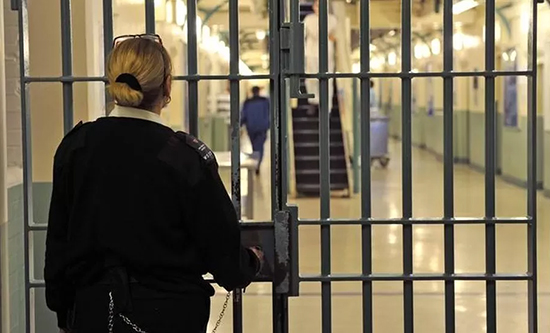In the mid-1990s, in order to quell physical resistance by prisoners to the degrading and inhumane reality of incarceration, the Prison Service created a ‘complaints process’, involving a series of internal steps followed by an application to the Prisons and Probation Ombudsman (PPO). This mechanism was always designed to derail rather than further prisoners’ complaints about the system. Now the PPO has undergone a name change and rebrand to become the Independent Prisoner Complaint Investigations (IPCI). Life-sentence and Close Supervision Centre prisoner KEVAN THAKRAR writes.
From its inception, the PPO was biased, ineffective, and unscrupulous. Rather than be the independent body it was advertised to be, the PPO was entirely funded by the Ministry of Justice (MoJ), staffed by former prison service employees, and limited to making only unbinding recommendations to the MoJ/Prison Service on the rare occasion that it found in the prisoner’s favour.
The one thing the PPO has always been effective at doing has been providing window-dressing for the MoJ to hide behind. Realising the potential of the PPO, the initial internal three-stage complaints process was cut down to two stages, eliminating the involvement of the prison governor, thereby cutting costs, while focusing the animosity of the prisoners towards a faceless bureaucrat outside the prison. The PPO further became an obstacle to prisoners’ access to the legal process, with the expectation that they should exhaust ‘all internal remedies’, including the Ombudsman, before approaching a court.
Over the years, those appointed to be the Ombudsman and direct its operations have become progressively less interested in even appearing to properly respond to prisoners’ complaints and, while in the early days there was at least some semblance of investigation into matters, these days the PPO operates by having zero communication with complainants beyond receiving their initial complaint and eventually issuing some dismissive response. This includes cases of racial, religious and disability discrimination. In response to one such discrimination complaint I submitted, the PPO’s derogatory response referred to the Islamic call to prayer as ‘shouting’.
With increasing frequency the PPO simply rejects complaints out-of-hand or ignores them entirely. This has become so bad that unless I get a solicitor to email my complaint to the PPO, they refuse to acknowledge it, even when they have signed for its postal receipt.
Much like the ‘Police Complaints Commission’, which became the ‘Independent Police Complaints Commission’ and then the ‘Independent Office for Police Complaints’, the PPO decided that its declining reputation demanded that it be rebranded. The IPCI was therefore launched in November 2023.
Whatever name it goes by, the result will be the same. This toothless arm of the MoJ will never provide the required redress for any of the violations prisoners suffer on a daily basis, no matter how serious those violations may be or how blatantly they occur. Anyone with the patience to undergo a PPO ‘investigation’ should never do so intending this to be the sole avenue of resolution or resistance – hoping such a corrupt institution will do the right thing is futile. It is essential prisoners do not become disheartened but instead seek alternative means to right the wrongs; defeatism will never end the oppression.
Prisoners are human beingsand we must fight to preserve that humanity by any means necessary whether that be through complaints, litigation, disruption or protest. The PPO/IPCI is a hindrance, not a help in that fight.
KEVAN THAKRAR – A4907AE,
SEGREGATION UNIT, HMP WHITEMOOR
LONGHILL ROAD, MARCH, CAMBRIDGESHIRE, PE15 0PR
Read more from and about Kev on WWW.JUSTICEFORKEVAN.ORG




